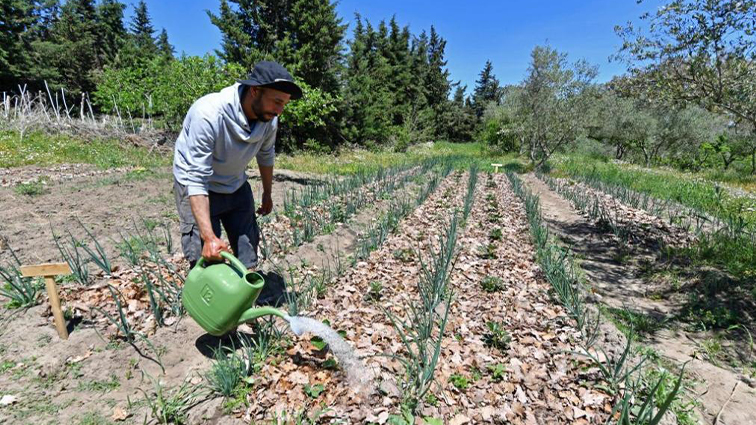Specialized experts have warned of the repercussions of climate change in Tunisia, especially water scarcity and low rainfall rates, and its significant impact on agricultural production and food security.
The Tunisian expert in water policies, resources, and adaptation to climate change, Rawda Al-Qafraj, said that the rain that fell in Tunisia during this year represents 62% of the annual average rainfall, which is an improvement compared to previous years in which rainfall amounted to only 50%.
She pointed out that these rains did not contribute sufficiently to replenishing the dams’ resources, as their revenues reached 639 million cubic meters, equivalent to only 37% of the average revenues.
Al-Qafraj explained that 90% of surface water is designated for drinking water, which greatly affects farmers who ignored the recommendations of the Ministry of Agriculture not to grow water-consuming crops such as squash and tomatoes, which led them to buy water from other farmers who own deep wells, causing a depletion of resources. Groundwater and resorting to drilling random wells without a license.
Al-Qafraj confirmed that the deterioration of surface water resources and the increase in agricultural needs prompted the state to use treated water to irrigate fodder crops and olive trees, and to reduce water consumption, a drinking water installment system was implemented by cutting off water for 10 hours at night, but this measure did not reduce water use, but rather Reduce network water loss by 5%.
Data from the Tunisian Ministry of Agriculture revealed that only 2.7 million quintals of grain were collected in the 2022 season, compared to 7.5 million quintals in the previous season, and 15 million in 2020, which threatens the food security of approximately 2.7 million families in Tunisia who suffer from a shortage of bread, which they rely on. Basis on wheat.
In this context, Dr. Muhammad Al-Zimrali, an official at the Tunisian Ministry of Environment, explained that the manifestations of climate change in Tunisia are accelerating significantly, as average temperatures have risen by 1.6 degrees Celsius compared to the beginning of the twentieth century, which is a rate far exceeding the global average.
Al-Zimrali pointed out that the level of rainfall has decreased, and natural disasters such as floods, fires, loss of sand, and the erosion of the coastal strip have worsened by more than 15%.
Algeria launches a program to establish 30 silos to store grains to enhance food security
